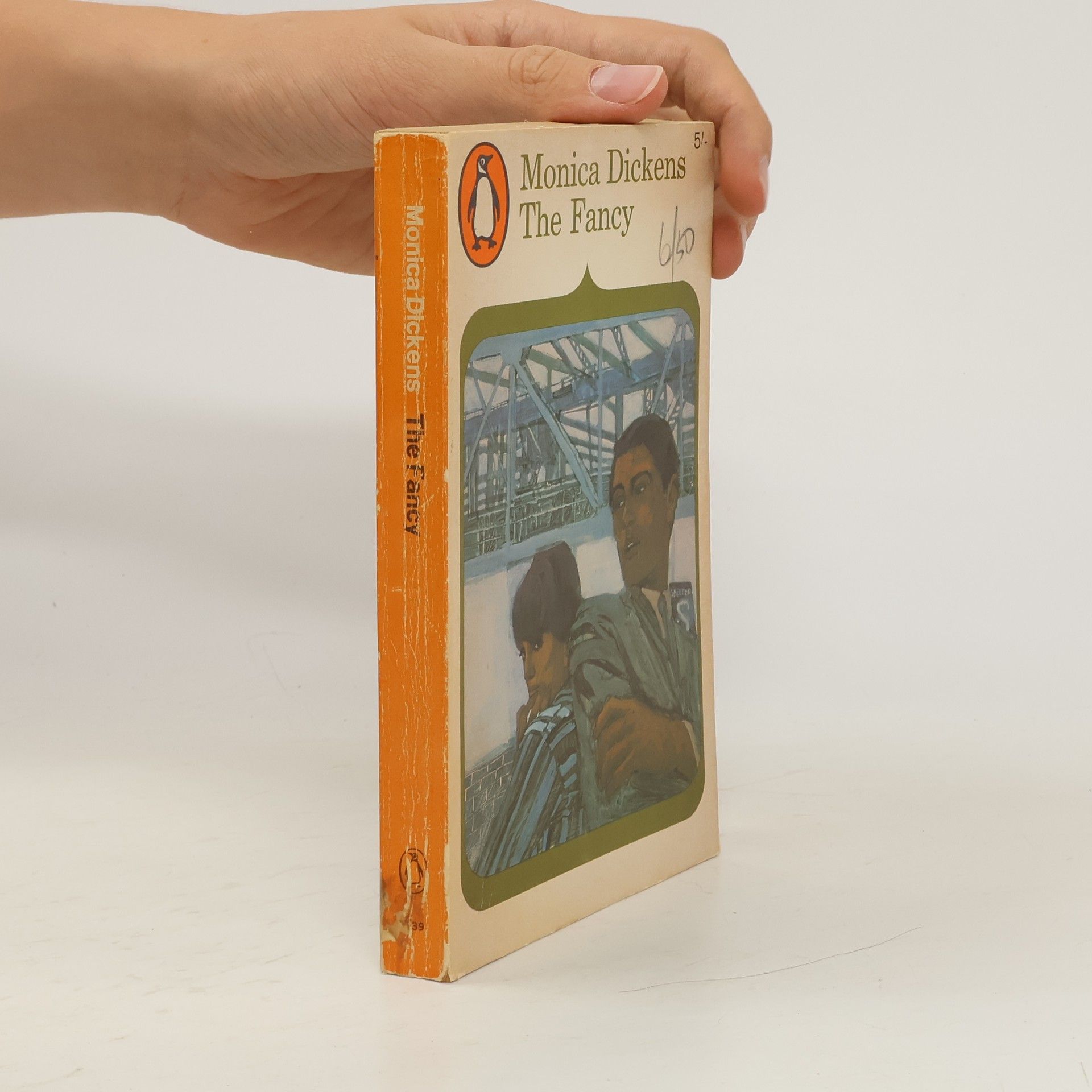Ser feliz en el Fin del mundo no es difícil. Tom, Carrie, Em y Michael lo son, aunque sus padres no estén con ellos, aunque la casa en la que viven esté semiderruida… Pero tienen a su alcance todos los animales que desean. La británica Monica Dickens ha escrito una estupenda novela de humor, que describe las andanzas de una familia nada convencional.
Monica Dickens Libros
Monica Dickens elaboró narrativas que observaban agudamente la vida cotidiana y las relaciones humanas, a menudo basándose en sus propias experiencias. Su escritura profundiza en las vidas interiores de los personajes, revelando sus alegrías y luchas con una voz auténtica. Dickens tenía como objetivo entretener a los lectores e inspirar el reconocimiento de sus propias vidas dentro de sus historias, creando un mundo literario cautivador y relatable. Su estilo distintivo se caracteriza por su franqueza y una profunda capacidad para capturar las sutilezas de la naturaleza humana.

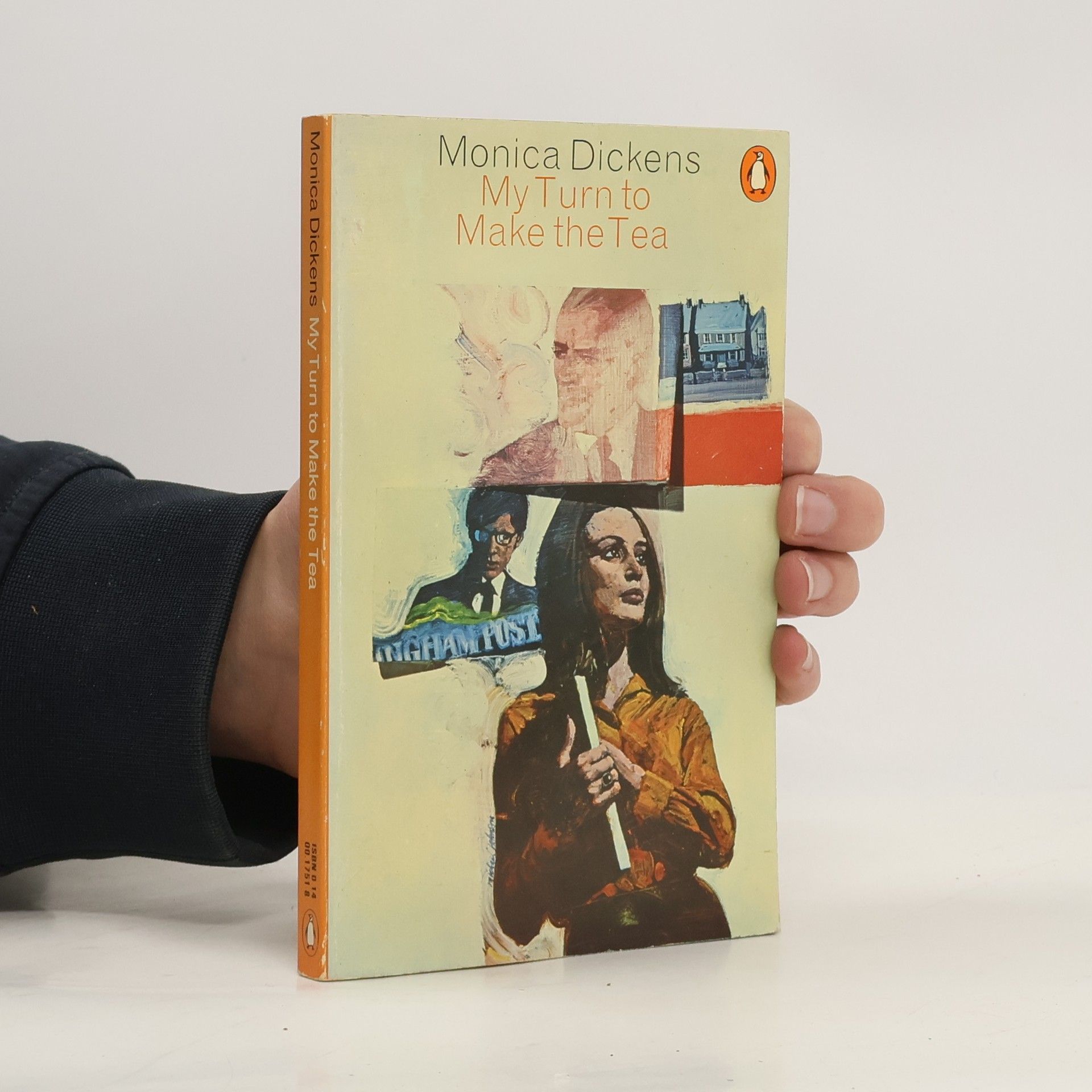
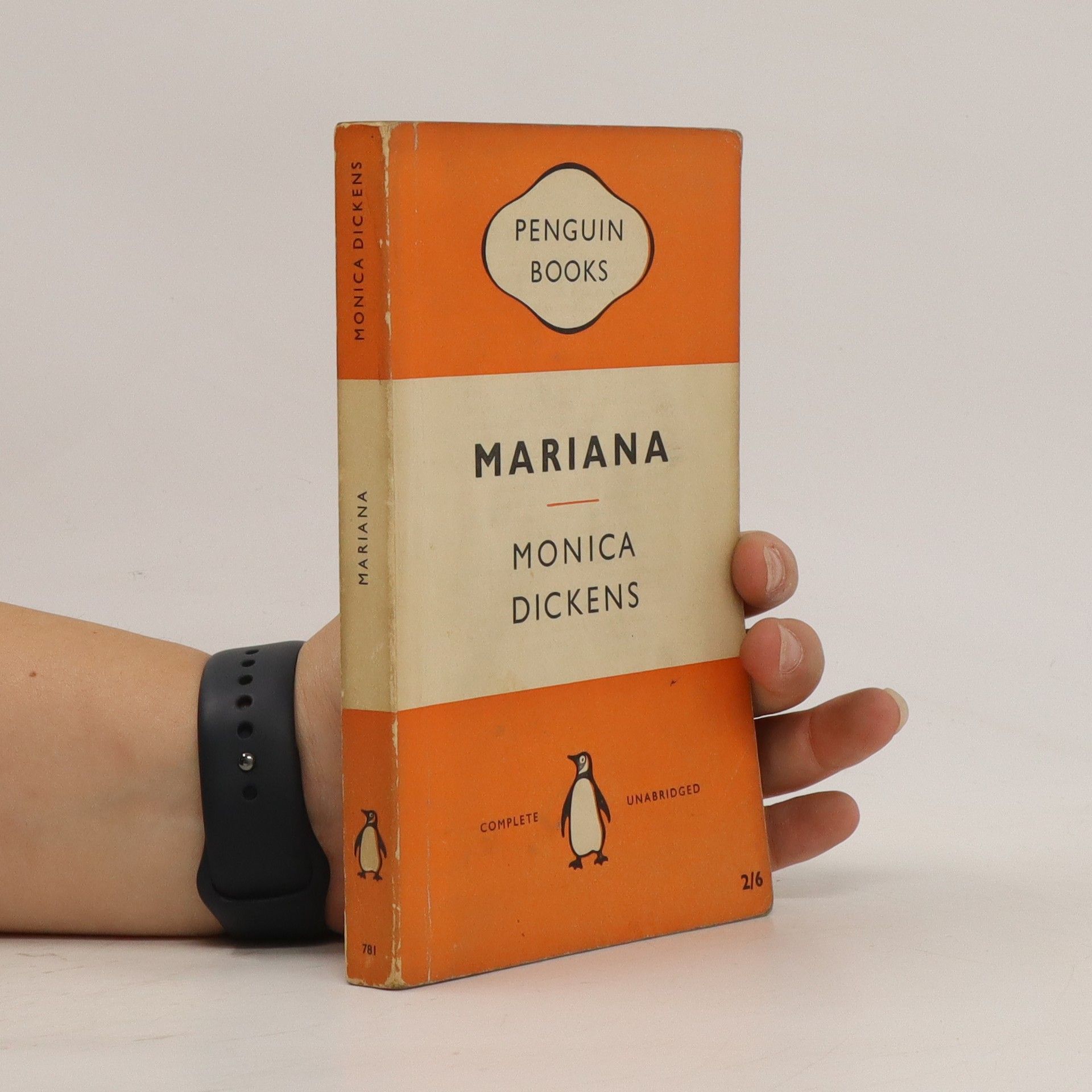


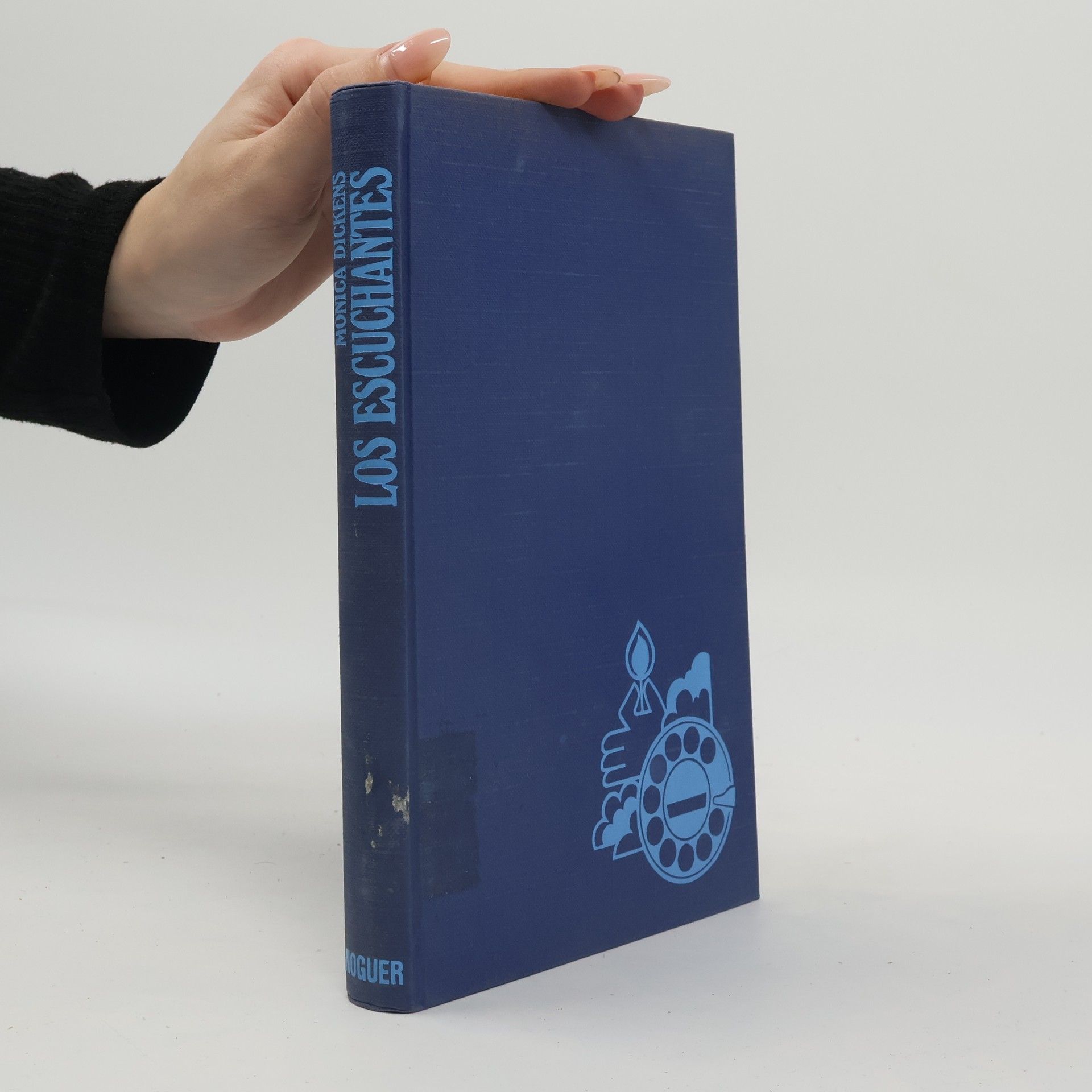
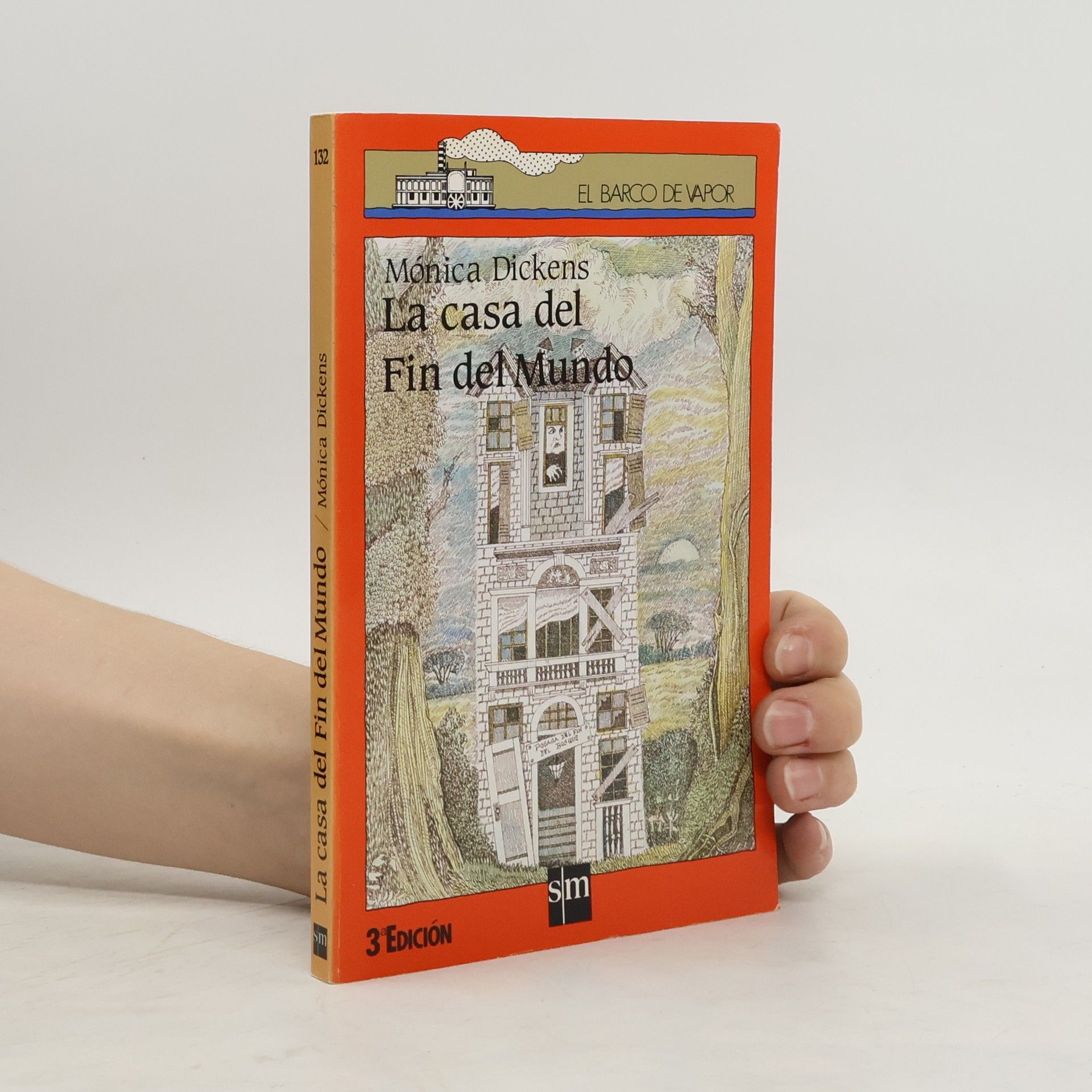
The Horses of Follyfoot
- 208 páginas
- 8 horas de lectura
Dora is invited out to America to help set up a home of rest for horses. When she leaves and is given a horse to take back to Follyfoot, she can't believe her luck. One of the horses falls ill. And it looks like the same epidemic that is sweeping America . Has Dora's horse brought the disease to England?
Follyfoot
- 143 páginas
- 6 horas de lectura
At Follyfoot Farm, the Colonel looks after old and ill-treated horses, helped by his stepdaughter, Callie, and two stable-hands, Dora and Steve. These three have plenty to do at the stables, but can always find time to get involved in the mystery and adventure that abound at Follyfoot Farm.
A 1930s Bridget Jones who is waiting, often desperately, for the right man
Poppy, newly recruited cub reporter at the Downingham Post, is determined to prove to the editor that he's wrong in his belief that 'Women are a nuisance in the office'. He certainly doesn't think she's a nuisance when it's time for the tea round - a job which never fails to fall to the only female reporter.What Poppy lacks in experience, she makes up for in spirit and ambition. She'll make the Downingham Post the best regional newspaper there is - even if she occasionally gets the names wrong in court hearings. Life, for a single professional woman in the post-war years, certainly has its challenges - from finding a room, when the tyrannical landlady doesn't consider Poppy to be quite respectable, to changing her editor's deeply entrenched ways. This semi-autobiographical novel, recounted with Monica Dickens's wit, warmth and wry observation, will charm all who read it.
What does a young, well-off English woman do with herself when she's thrown out of acting school and is tired of being a debutante? Well, if you're Monica Dickens, you become a cook. She makes the plunge to a life "below the stairs," confident in her abilities to be a cook because she once took a course in French cuisine. She quickly learns the difference between school learning and real life. Scalded milk, dropped roasts, and fallen souffles plague her in her domestic career, but she perseveres. What makes this book so delightful is the sense of humor and drama Monica Dickens brings to her work. From dressing up for job interviews in a "supporting-a-widowed-mum look" to eavesdropping on dinner guests, she tackles her work with an enthusiasm for discovery. To her descriptions of battles with crazy scullery maids, abusive employers, and unwieldy custards, she brings a humorous and pointed commentary about the delicate and ongoing war between the wealthy and their servants. Written in 1939, this true-life experience reveals a writer who wasted no opportunity to explore daily lives and dramas. Her keen eye for detail, youthful resilience, and sense of the absurd make One Pair of Hands a deliciously inside look at the households of the British upper-class.
A charming, funny and fascinating account of a young trainee nurse during the Second World War.
Leonard's life has never seemed safer or better. Then through the door comes Toby, he brings with him the excitement of change but he is not what he appears to be, and in the end brings tragedy.



